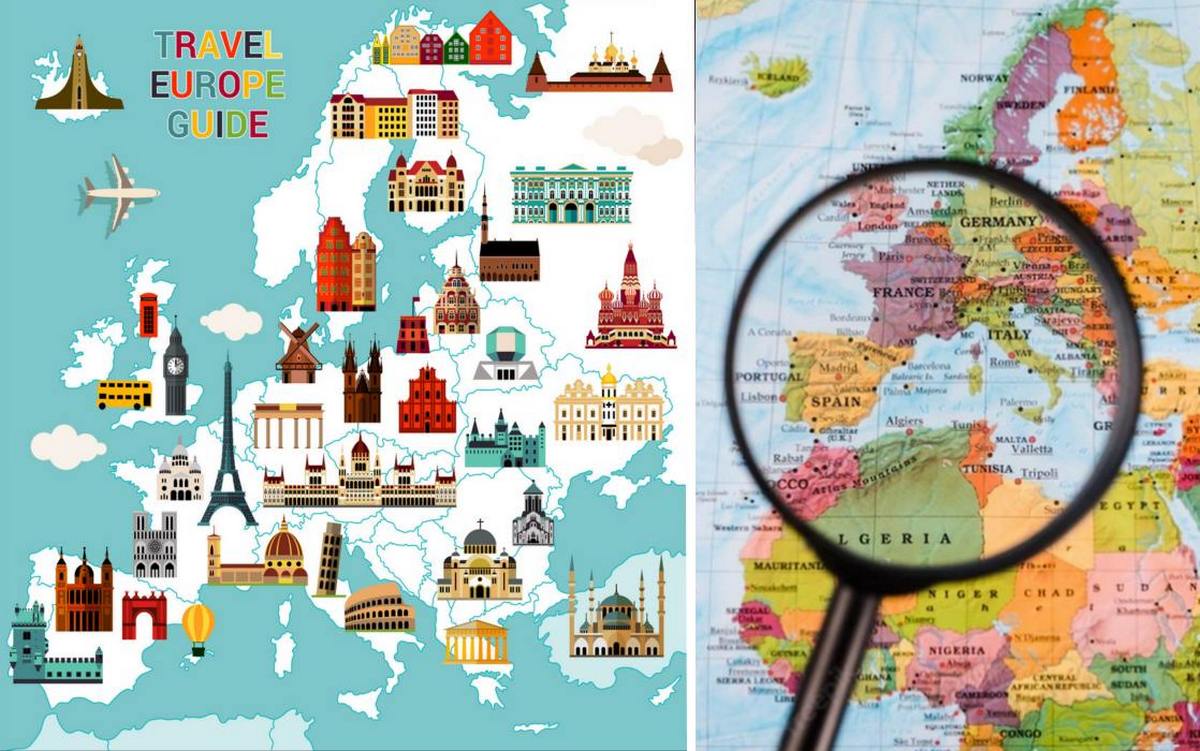The rising cost of living did not frighten European tourists: they, as in the pre-spring period, intend to travel and are making plans for autumn and winter. After the era of the pandemic, a tourist boom begins. The European Tourism Commission (ETC) in its latest study showed that 70% of Europeans are planning a trip in the next 6 months.
Despite the continuing crisis in the cost of living, in the next six months, most Europeans intend to go on vacation, but now their vacation will be shorter because Europeans do not want to sacrifice the quality of their vacation. According to ETC, 40% of Europeans are concerned about the increase in travel costs. However, utility bills for Europeans, which have increased in price, will cost even more than a month-long vacation abroad.
Moods regarding intra-European trips also improved: 62% of respondents plan to travel within the European Union this fall and winter. This is the strongest indicator of intra-European trips recorded before 2020.
“While the cost of living crisis is another undeniable challenge for European tourism, ETC is pleased to note that travel remains a priority for Europeans in the coming months. It is now very important for Europe to ensure a more sustainable industry, supporting the transition to digital technologies and the environment and putting people at the center of development,” ETC President Luis Araujo was quoted as saying by European media.
The ETC study also found that since May 2022, there has been a six percent drop in European citizens who intended to travel but did not because of the war in Ukraine. At the same time, about 52% of respondents said that the conflict will not directly affect their plans.
Similarly, fewer travelers from Europe are less likely to change their travel plans due to the coronavirus. Only 5% of respondents said that fears related to the pandemic prevented them from carrying out planned trips.
On the other hand, concerns related to the cost of travel are growing among European travelers. About 23% of tourists are concerned about a possible increase in ticket prices, and another 17% about the impact of inflation on their personal finances.
As for the average travel budget, they have remained at the previous level since September 2021. In other words, European tourists generally did not change the planned amount of expenses for their trips, but due to the increase in the cost of living, they are forced to shorten the duration of their vacations compared to last year.
Of all respondents, 32% said they plan to spend between 501 and 1,000 euros per person on their next trip. Adjusted for price increases, preferences for three-day stays increased from 18% to 23%, while longer trips of seven nights or more fell from 46% to 37%. This suggests that travelers are getting less value for their money.
In addition to the above research, the study also found that travel intention is lower among Generation Zetas, the term used to refer to travelers between the ages of 18 and 24. Only 58% of members of the Zeta generation responded positively, unlike all other age groups.
“This indicates a more hesitant outlook for young travelers, which may also be related to concerns about personal finances and rising travel costs,” ETC said. On the other hand, European travelers aged 45 and over plan to travel the most in the next six months. Among all age groups, France is the most popular destination, followed by Spain, Italy, Germany, and Croatia.

